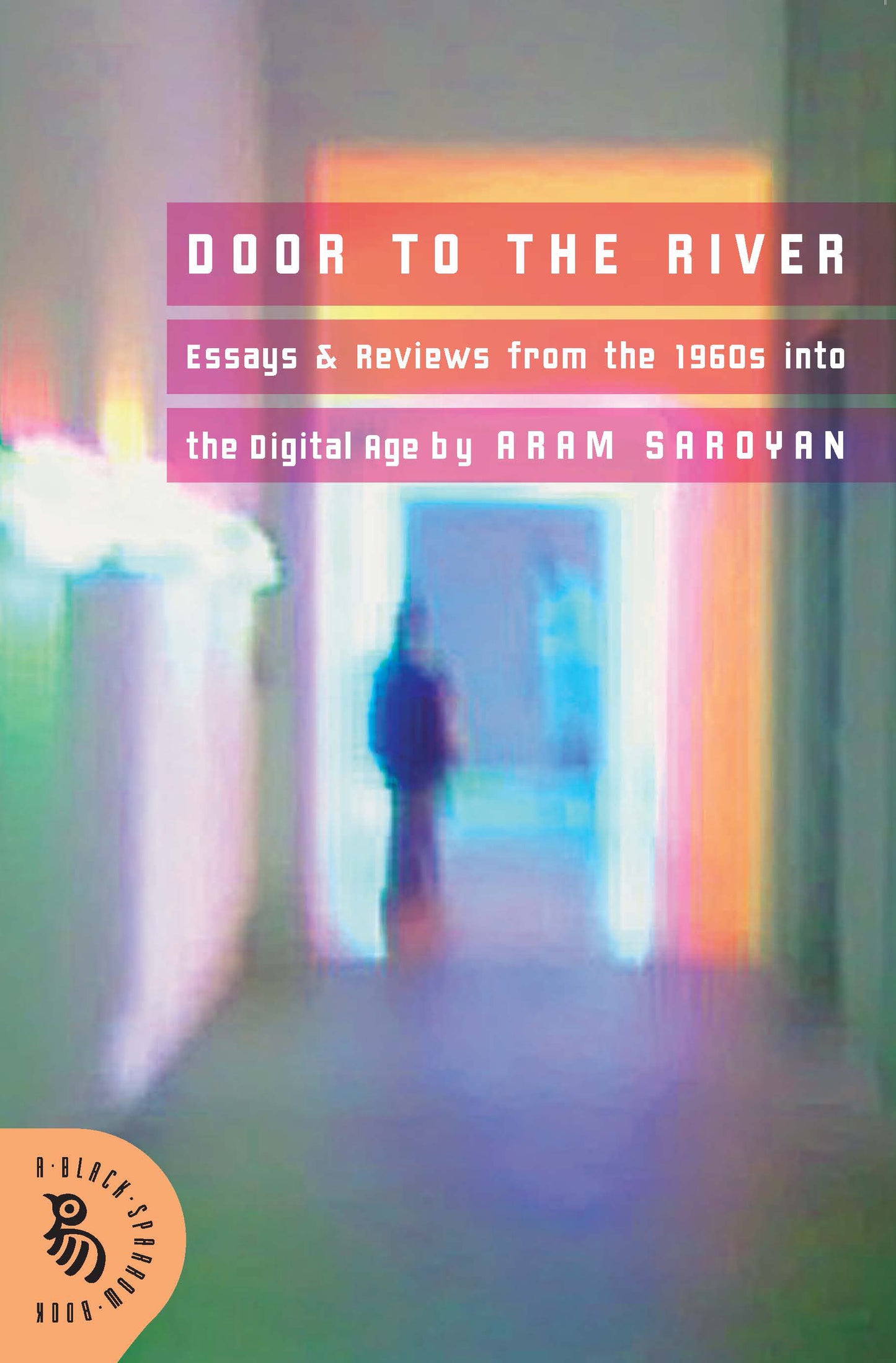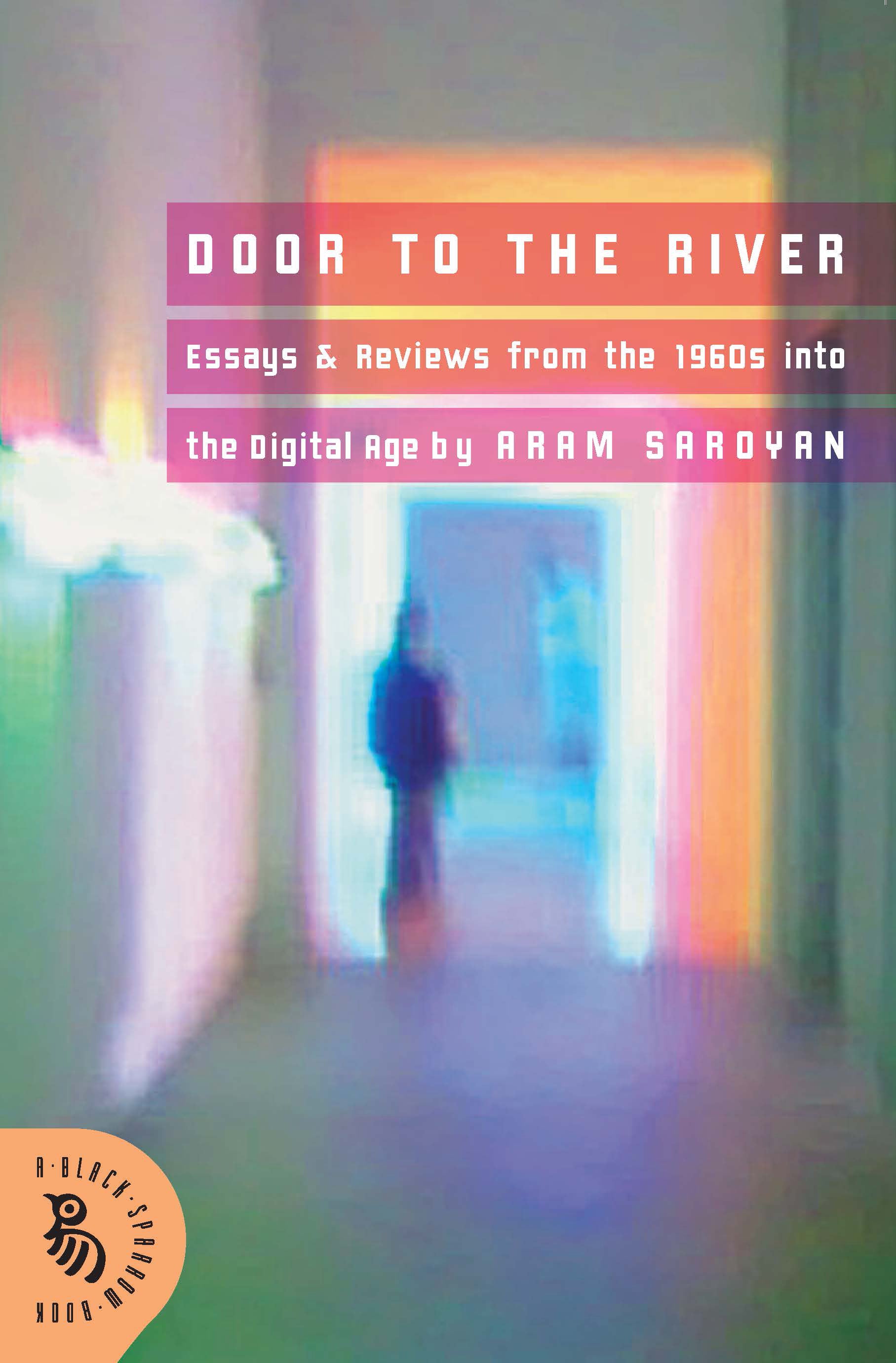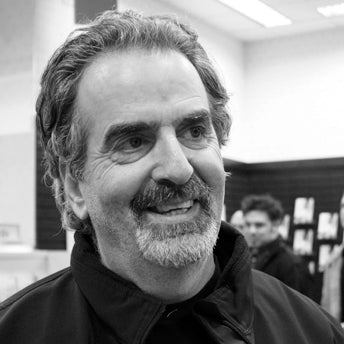
"I grew up the son of a famous writer, grew up in his shadow in a general sense, except for two fortuitous graces ... the first, that astrologically speaking I had many planets in Leo and so I was absurdly full of confidence, when I wasn't struck numb with my own incapacities. And the other, and perhaps the decisive factor, was that I had the honor of being a member of the generation that came of age in the sixties." So begins Aram Saroyan's essay, "Occupation: Writer," about his vocation, the sixties generation, and the fundamental task of coming to understand himself not as the son of William Saroyan but as his own person. Saroyan found his calling as a writer early on, starting out as a poet, and going on to write op-ed pieces, reviews, novels, biographies, memoirs, screenplays, and plays. In this essay and others included here, he explores the difficult task of finding one's way as a writer: the ongoing search for the various doors which must be opened in order to renew one's resources and access the river of creativity.
Both the contemporaneous essays and the earlier reviews from the 1970s, '80s, and '90s assess major and minor cultural figures from the generation of which Saroyan himself was so much a representative member, and recall a time when being an independent writer was feasible, when even a young author could hone his craft and critical sensibility through book reviews and op-ed pieces.
In these works, Saroyan contends for books that make for good companionship, what Jack Kerouac decreed was the true test of a book. In Saroyan's engaging and always engaged company, with the likes of Andy Warhol and Charles Mingus, Robert Creeley and Ted Berrigan, Joan Didion and Gore Vidal, Door to the River is good companionship as well.
A writer who looks deeply into himself and his own experience, confronts what he finds there with real courage and reports what he has experienced with a measure of candor that is both breathtaking and, at moments, heartbreaking. —Jonathan Kirsch, L.A. Times
Covering his work throughout his life including his discussions of America after September 11th, Aram Soroyam provides an intellectual and scholarly set of thoughts. An excellent addition to literary and literary criticism collections, Door to the River proves to be a highly valuable collection. —Midwest Book Review

